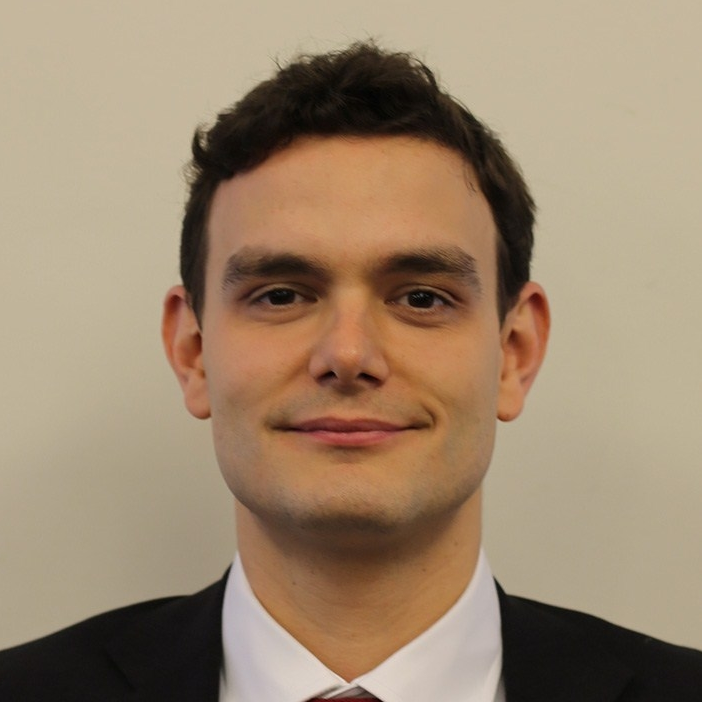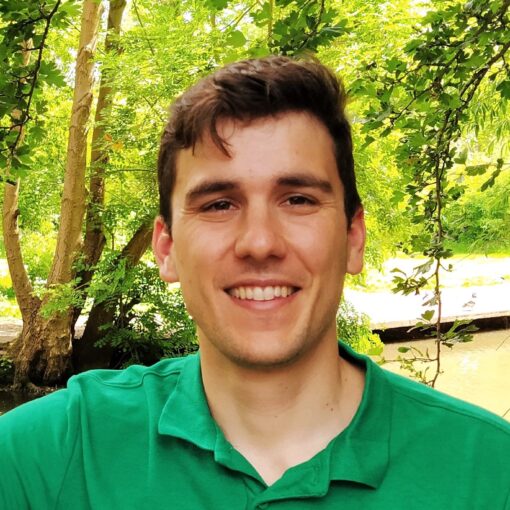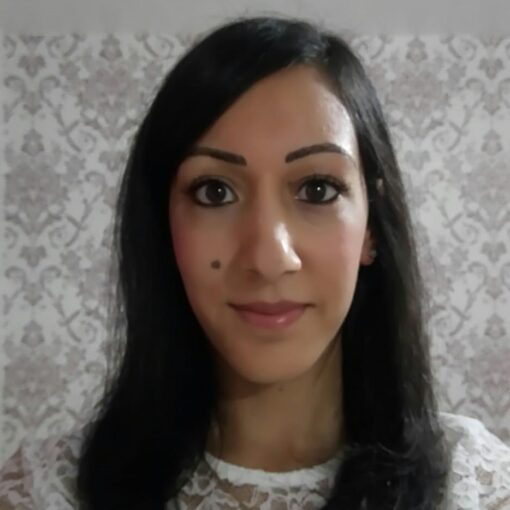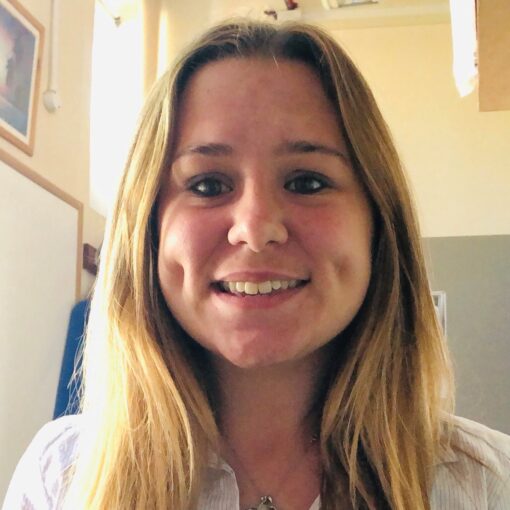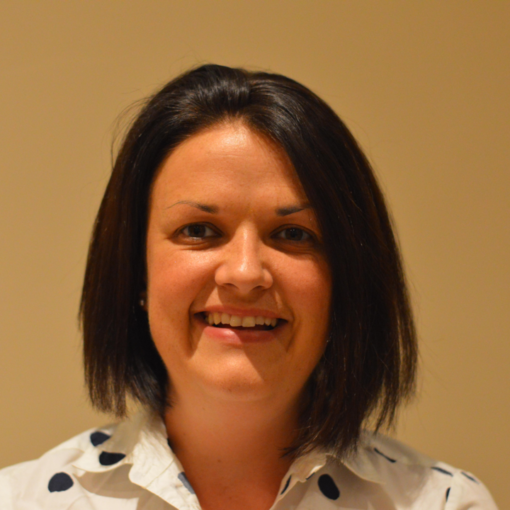PhD in Molecular Biology and Biochemistry, University of Cambridge (2015)
| Consultant | |
|---|---|
| Boston Consulting Group | |
Year entered into a non-academic position: 2016
Job highlight: Diversity of cases and impact that one has on the course of a business
My research training set me up to… be diligent, face ambiguity with confidence and break down a mammoth problem into small manageable parts to get the job done.
What’s your background?
I joined BCG after completing a PhD in Molecular Biology and Biochemistry of Colon Cancer at the University of Cambridge. During my PhD I published research identifying a potential drug target with two co-workers.
Why did you move away from academia?
I enjoyed the intellectual challenge of academia and wanted to continue doing that for projects that would create a larger impact in the near term rather than long term (which is the time frame of fundamental academic research).
Is there anything you miss about academia?
Although I opted for a job that was more impactful and applicable in the near term, I miss the philosophical questions that were raised by academic research, which are not questions that one thinks about outside of academia.
How did you get this job?
I applied for it during the normal recruiting rounds that BCG organizes each autumn.
As someone who also prizes learning every day, I would not want a job where I know everything and can do everything from day one.
Did you think you had the skills required for your current position before you started? Were you right?
I thought I had all the right ways of learning/thinking and the intellectual ability to acquire the necessary skills. Management/Strategy consulting is a very particular job requiring a specific mix of skills that one cannot get easily by doing other jobs, which is a positive thing in the sense that anyone can therefore apply and learn how to do it, but it also means that you cannot avoid the learning curve required to become good at this job. As someone who also prizes learning every day, I would not want a job where I know everything and can do everything from day one.
How did your PhD prepare you for your current job? For example, what were the transferable skills that you developed during your PhD that are most relevant to your current job?
Through completing my PhD, I developed the…
- Ability to present my work in a simple and clear manner.
- Ability to deconstruct a very complex problem into manageable parts.
- Ability to get up and try to solve a problem again after failing >10 times.
- Ability to be exceptionally detail focused and diligent.
- Ability to learn about something I have never seen before and quickly understand the fundamentals (at the level of serious academic research, very few people understand each other’s research completely and it takes time to learn about one’s research and understand it. So, even though I may understand molecular biology very well, understanding the particular aspects of a project that another molecular biologist is running will take time and a lot of learning to get me up to speed with their work and I did a lot of that in my PhD which helped me a lot in consulting).
Did you have any preconceptions about your sector that proved to be wrong?
I thought that I would have to know business and finance in great detail.
Can you describe a typical week in your job?
There is no such thing as a typical week. Monday to Thursday I am usually with the client, starting at around 9am and finishing around 7pm. Fridays I work in the local BCG office and finish at about 5pm.
What’s the workplace culture like?
Amazing – I have supportive colleagues who reply to your emails/requests immediately, set up calls to help you understand or crack a problem and we have fantastic support services to help us do our jobs. To speak colloquially, you feel like you are part of a SWAT team where every member looks out for the team and resources are close to unlimited. The limit is time and your ability to get enough stuff done in a day!
What are your favourite parts of your job?
The fact that every project is different. I meet so many new people, I get to travel to a lot of interesting places, and I get to see different industries and different types of jobs. For 4 years of my PhD, the number of colleagues I worked with was 8-10 in total (and this was not even people I worked with very closely). In my 2.5 years at BCG I’ve worked extremely closely with over 30 BCGers and many more clients. It is basically like the ability to live a number of different lives or incarnations of yourself in different roles and industries until you find the ‘life’ that you like most and then, most likely, you specialize in it with BCG or you leave BCG and join a role/company in that industry.
For 4 years of my PhD, the number of colleagues I worked with was 8-10 in total (and this was not even people I worked with very closely). In my 2.5 years at BCG I’ve worked extremely closely with over 30 BCGers and many more clients. It is basically like the ability to live a number of different lives or incarnations of yourself in different roles and industries until you find the ‘life’ that you like most…
What are your reflections on your (future) career path?
BCG for the near-term (and mid-term) future. I’ve specialized in Healthcare and Corporate Development/Growth Strategies.
Do you have any advice for current graduate students and postdocs considering a career outside of academia?
There are a lot of amazing opportunities outside of academia and leaving does not mean you have ‘given up or failed’.
Can you recommend any relevant resources, organisations or events that might help somebody new to the sector find out more about it?
We host several advance degree events in Oxford including presentations and coffee chats where you can learn more about what we do at BCG. You can also find additional information on our events on our BCG at Oxford page. If you have any recruiting questions, you can get in touch with the recruiting team on ukinternationalrecruiting@bcg.com.
 Boston Consulting Group is a leading management consulting firm with offices in more than 90 cities, across 50 countries. BCG partners with our clients in solving the hardest problems challenging their businesses—and the world. Our team at the BCG includes many who have made the transition from academia to consulting, with backgrounds as diverse as medicine, theoretical physics, military history, molecular biology, and social anthropology. Diversity of perspective from multiple disciplines is essential to our process, and your experience will allow you to approach problems and work through challenges in a new way. Your intellectual curiosity, creativity, and problem-solving skills will add invaluable perspective to our client projects. Find out more about us on https://www.bcg.com/
Boston Consulting Group is a leading management consulting firm with offices in more than 90 cities, across 50 countries. BCG partners with our clients in solving the hardest problems challenging their businesses—and the world. Our team at the BCG includes many who have made the transition from academia to consulting, with backgrounds as diverse as medicine, theoretical physics, military history, molecular biology, and social anthropology. Diversity of perspective from multiple disciplines is essential to our process, and your experience will allow you to approach problems and work through challenges in a new way. Your intellectual curiosity, creativity, and problem-solving skills will add invaluable perspective to our client projects. Find out more about us on https://www.bcg.com/

